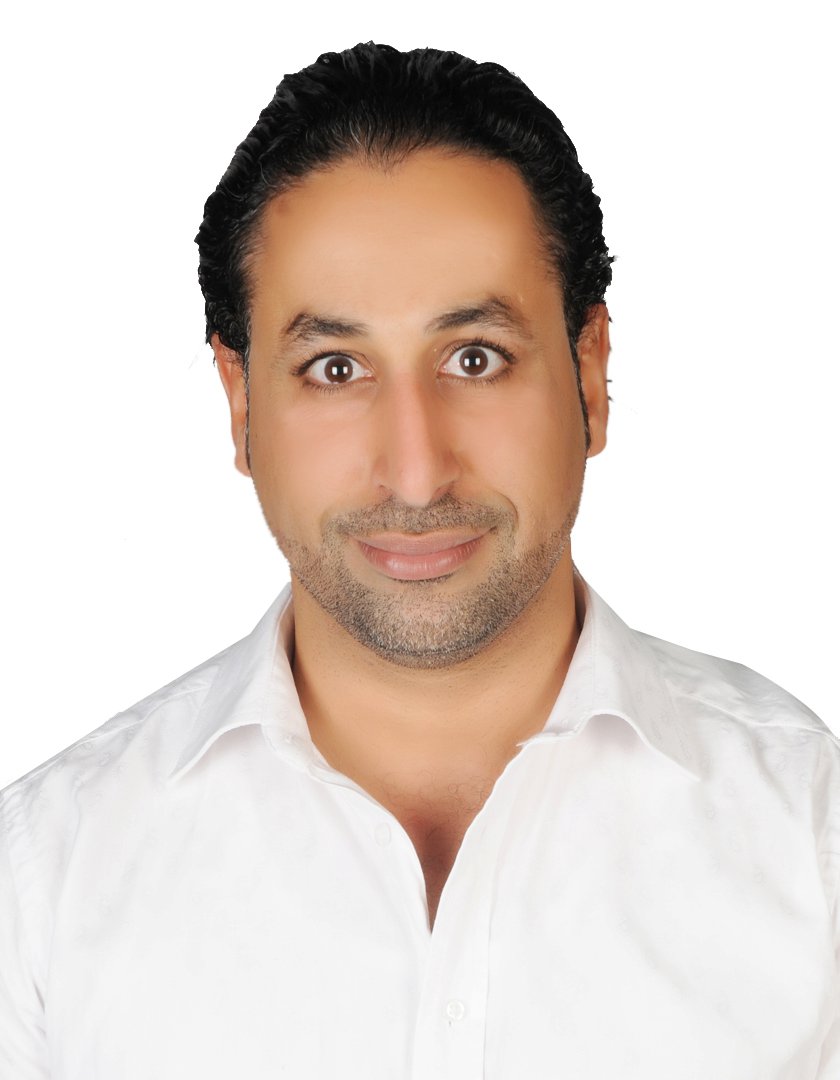Naji Fateel is a human rights defender on the Board of Directors of the Bahrain Youth Society for Human Rights. For ten years, Bahraini authorities have detained, harassed, forcibly disappeared, and tortured him repeatedly for his peaceful and lawful human rights activism.
In 2007, Bahraini authorities arrested Fateel for participating in a “violent gathering.” They subjected him to beatings and tortured him, trying to coerce him into providing a false confession to setting a security vehicle on fire and stealing a weapon. Authorities detained him from December 2007 – April 2009, during which time they continued to torture him. Later, a medical examiner in the Public Prosecution Office examined burn marks across Fateel’s body, but claimed they were minor. After receiving complaints of rights violations in Bahrain, including Fateel’s case, the UN Special Rapporteur on the situation of human rights defenders, Margaret Sekaggya, reported that she was “deeply concerned about the physical and psychological integrity of human rights defenders in Bahrain.”
Throughout the Arab Spring protests in 2011, Fateel was one of three human rights defenders who were targeted with multiple death threats after their contact information was published online. The activists believed the government was behind the threats.
On 14 February 2012, plain-clothes policemen arrested Fateel during a demonstration against human rights violations. They charged him with “planning and executing an illegal assembly” and “rioting” during a protest the previous month. Authorities held him in an overcrowded cell and verbally abused him. After he was released on bail in April, he continued to advocate for human rights.
About a year later, on the morning of 2 May 2013, a group of plain-clothes men in masks stormed Fateel’s house and arrested him. For three days, officers tortured and interrogated him to extract a confession. They waterboarded him, beat him, sexually assaulted him, hung him by his hands from the ceiling, and subjected him to electric shocks.
Three weeks after his arrest, in May 2013, a court sentenced Fateel to six months in prison for “illegal assembly.” In September 2013, Bahrain’s Fourth Criminal Court sentenced him to 15 years in prison under Article 6 of the 2006 Terrorism Law for “establishing a group for the purpose of disabling the constitution,” related to the youth opposition movement the 14 February Coalition. Human rights groups condemned the trial for not meeting international fair trial standards. The judge did not address claims of torture, despite widely circulated photos of Fateel’s bruised body.
After his September 2013 sentencing, officials transferred him to Jau Prison, which is known for its overcrowded and poor sanitary conditions, and abusive staff. On 10 March 2015, prisoners rioted against their abusive treatment. Although only a minority participated, officials utilized collective punishment, firing shotgun pellets, tear gas, and rubber bullets.
Despite Naji Fateel being only a bystander in the riot, police selected him and about 100 other prisoners to be transferred to “Building 10,” sometimes referred to as the “torture building.” Authorities tortured Fateel and denied him medical treatment. Witnesses believe officials targeted him because of his past participation in peaceful protests and hunger strikes against prison conditions.
Throughout Fateel’s imprisonment, officials have denied him the ability to communicate with his family. They have also repeatedly ignored complaints alleging torture submitted by Fateel and his wife. They have subjected him to solitary confinement and forcibly disappeared him.
The Bahraini government continues to ignore calls to improve conditions within Jau Prison. Bahraini authorities’ treatment of Fateel violates international human rights standards, including the United Nations’ Convention Against Torture and the International Convention on Civil and Political Rights. The Government of Bahrain should immediately release Naji Fateel and all others imprisoned for exercising their right to freedom of expression.
Rachael Diniega is an Advocacy Intern at ADHRB.





